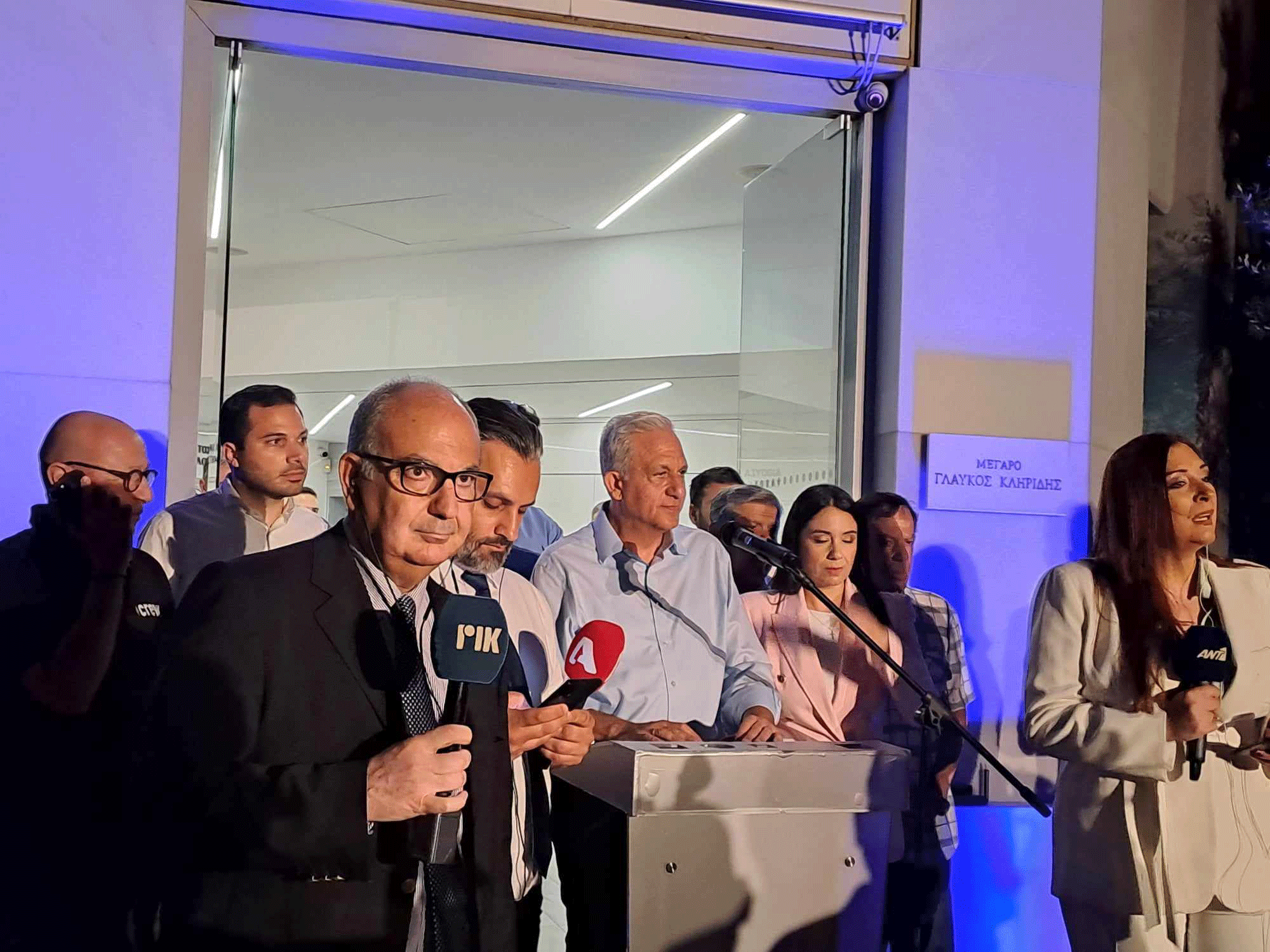A group of deputies, led by the president of the House legal affairs committee, Nicos Tornaritis of Disy, have decided that making threats, propagating fake news, the writing of offensive comments and the posting of obscene photographs online should constitute criminal offences. They want to amend the law, under which they are classed as civil offences and Tornaritis said his amendment proposal would be discussed after the summer recess.
These offences were classed as criminal, until the law was amended some 10 years ago, so what has possessed deputies to return to the illiberal past? The amendment has the support of the attorney-general’s office, the deputy AG, Savvas Angelides told the House committee on Wednesday that families and youngsters were ruined by fake news. He added that 90 per cent of complaints reaching the Law Office were made by young people in connection with threats and blackmail.
Supporters of the amendment may have good intentions, but they should also consider that the amendment of the law could be used to suppress free speech. The prospect of someone who wrote a comment deemed insulting by a politician, facing criminal charges is a threat to democracy. Such a law would also go against EU directives that in effect consider politicians and officials legitimate targets for ultra-critical comments, that could be regarded as offensive.
There is a libel law for protecting an individual’s reputation, with the offender paying hefty damages if found guilty. This is a perfectly adequate way of dealing with defamatory comments, while directing insults at someone, in most cases, should not even be an offence. If for example a journalist writes that a minister is ‘incompetent, incapable of performing their duties’ would the offender face criminal charges for insulting comments? And who will decide what constitutes an ‘offensive’ or ‘insulting’ comment justifying criminal charges?
Thankfully, the journalists’ union and the publishers’ associations expressed strong objections to the amendment, arguing that it criminalised ‘journalistic work through the back door.’ How would journalists protect their sources if they are in court facing criminal charges for something they had written? If found guilty, an offender could face up to five years in prison. The risk of imprisonment could also discourage journalists from reporting corrupt practices or dishonest politicians.
By all means criminalise the distribution of obscene photographs online, but insulting comments should remain civil offences. If insulting comments become a criminal offence the state could use the law to silence or intimidate government critics. That cannot be tolerated in liberal democracy. Even the criminalizing of the spreading of ‘fake news’ is problematic. How would prosecutors identify the source of the fake news? Would someone be charged for re-tweeting an item of ‘fake news,’ which are often distributed by people experienced in covering their tracks?
We do not need the proposed amendment of law because free speech cannot be regulated by the state authorities.







Click here to change your cookie preferences